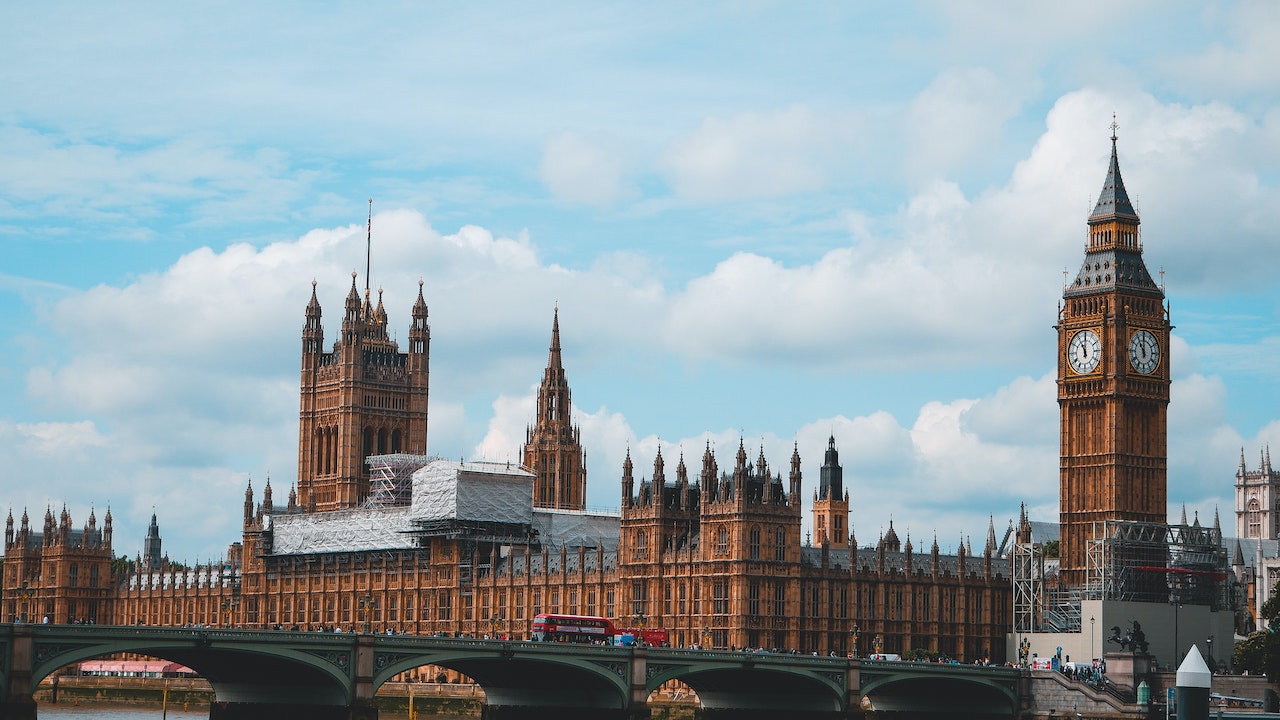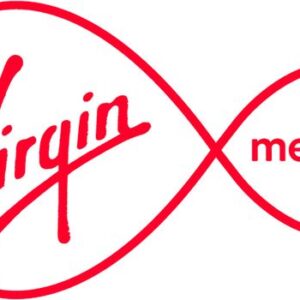Britain is said to be the home of parliamentary democracy, which countries around the world have modelled their own political systems on. But what the media and education systems rarely ask is whether this democracy actually lives up to what we’re told that it’s supposed to do.
We’re told that Britain’s representative democracy gives us each a voice in the running of government. We’re told that since our local MPs are dependent on our votes for their seats, they’ll faithfully represent our interests. If they fail to do so, we can vote in a different candidate next time; one who will more faithfully represent our views and concerns.
Anybody who’s paid attention to parliamentary politics for a little while understands intuitively that it doesn’t actually function this way. MPs rarely represent the views of their constituents faithfully and they rarely get replaced for failing to do so. But why is that?
There are a variety of factors that work together to make the system function undemocratically. Together they turn what’s ostensibly a democracy into a machine for pleasing business rather than the country’s citizens.
Political Parties
The existence of multiple political parties actually serves to undermine democracy.
Instead of voting for candidates based on how well they represent the views of their constituents, most people vote based on the party that each candidate belongs to. This is because it’s parties that are elected to govern the country, not independent candidates.
Say you think that Michelle, a local independent candidate, will represent your views best. The fact that she’s not a member of one of the two big parties means that she’s extremely unlikely to get any sort of position of authority, even if she gets elected.
Even if you distrust the local Labour candidate, you might still feel that you have to vote for them anyway, because you’d rather their party win the election than the Conservatives, or vice versa. It rarely makes a huge deal of difference to individuals which party their local candidate belongs to, but everyone’s acutely aware of the economic and social consequences of different parties winning nationally.
When candidates are in safe seats, because people in their constituency usually vote for their party by a large margin, candidates can safely ignore the wishes of their constituents even more easily, without fear of losing their seat.
To top it off, when election time arrives, very little attention is given to an individual candidate’s voting record. Candidates can have voted against their constituents wishes on any number of issues, and at most it might get mentioned in an opposition party flyer that most people never read. Discussion of parliamentary elections usually focuses on party policies.
The Market
You probably won’t be surprised that we’re going to mention money in politics, but there’s something more important than political donations and other forms of corruption: capital investment.
Every party that governs a country under capitalism has to pay attention to what investors want or they’ll pull money out of the country’s economy.
A prominent example of this is Lizz Truss’s short reign as UK Prime Minister. The economic measures that she announced were so unpopular with “the market” that she was forced out of her job within a few weeks of being elected. If she’d proposed a plan for the economy that hadn’t panicked the financial markets, she’d have held onto her job.
As a reminder, she was elected to the job by an internal Conservative Party election, after Boris Johnson was forced to resign. She wasn’t elected by the general public and felt able to ignore the many calls for a general election, so that the whole nation could choose the next Prime Minister. But when she upset investors, she had to resign. It’s clear then that the wishes of investors are more important in politics than the wishes of the UK’s voters.
Every government of a liberal democracy is beholden to capitalists in this way. If the government upsets them, then they can pull money out of the economy or simply refuse to make new investments until the government changes its policies.
How can a capitalist country be a democracy, then, if the actions the government can take are limited to those that investors approve of?
Socialists call this a Dictatorship of the Bourgeoisie. In other words, a Dictatorship of the Capitalists.
Political Donations
Just because capitalists are ultimately in charge of the major policy decisions in a capitalist country, that doesn’t mean that all capitalists agree with each other about how things should be run. Different groups of the wealthy have competing interests. They don’t all sit around a table plotting to screw over the little people, like cartoon villains. Instead they compete with each other for political influence, so far as it matters to them.
Political donations are a useful tool for capitalists to influence government policy to favour their positions. A simple example to point to is the way that property investors donate to the Conservative Party, which then loosens planning regulations and refuses to build social housing.
Another example would be the way that finance capital donates heavily to the Conservatives, who then favour financial institutions in their policies over the manufacturing sector.
The relationship doesn’t have to operate like a bribe. It’s not necessarily that a politician chooses policies because donors like it. It can equally be that donors choose a politician because they like that person’s pro business political ideology.
All this jockeying for position amongst the capitalists floods electoral politics with huge amounts of money, which can be used to market candidates and positions that would otherwise be unpopular.
Propaganda
If you were to ask people what sort of propaganda subverts our democracy, many would mention Russian disinformation. But the largest source of propaganda comes from our own capitalists and government.
Propaganda isn’t necessarily false information, it’s just information or ideas put out to sway opinion towards a particular goal. This can include using factual information but giving a biased commentary about it.
All of the UK’s major newspapers, and most of the local ones, are owned and operated by capitalists or liberals. As a result, they put out stories that promote capitalist narratives, rather than promoting the true interests of the majority.
For instance, the liberal media often put out stories that highlight real problems, such as the cost of living crisis, but frame it as if the only possible solution is to choose which party to vote for at the next election. When all pro capitalist parties serve the interests of business over those of ordinary people, this is a ridiculous position to take. But limiting politics to electoralism is an ideological belief that benefits the wealthy.
In the same vein, socialist voices are almost always excluded from the media conversation. When they are included, they’re usually the targets of shouting and derision, rather than being able to express their views like any other guest. The media even tries to villify union leaders and their demands during a cost of living crisis, when all they’re doing is representing their members’ demands for job security and wage increases in line with inflation.
This isn’t to say that media owners are sitting around plotting pro capitalist stories all day. They don’t have to. They just hire editors who share their ideological beliefs and let them get on with it.
The fact that the media is owned privately and shapes, rather than reflects, the views of the public means that democracy will be poisoned for as long as this continues.
The Solution
There is no democracy under capitalism. Liberal democracy is a system that makes people feel like they have a voice in politics while it’s actually controlled by business interests.
We’ll never convince the parties which benefit from the system to eliminate the system that makes their MPs rich and powerful. We have to look outside of electoral politics if we want change.
We need to work together to build a movement that will ultimately replace the system of parliamentary democracy with a system of government that’s actually democratic, and which will give control of the media and wider economy to the working and marginalised majority.
To begin working towards this future, join your local communist party. It’s only by socialising control of the media, economic and social life, that we can truly have a system that serves us all.





